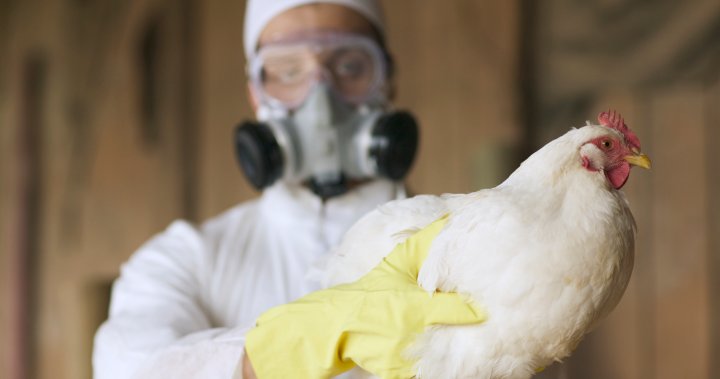A United States Food and Drug Administration inspection of Tom’s of Maine’s manufacturing facility uncovered significant violations, including bacterial contamination in the water used to make whitening toothpaste and the presence of a “black mold-like substance” near equipment.
In a warning letter sent to the company on Nov. 5, the FDA said a previous inspection of the Sanford, Maine, facility uncovered Pseudomonas aeruginosa — a bacteria resistant to nearly all antibiotics and capable of causing serious lung and bloodstream infections.
The bacteria was detected in the water used to produce Tom’s Simply White Clean Mint Paste and for the final rinse in various equipment cleaning processes, the FDA said.
Ralstonia insidiosa, a bacteria that can cause infections in immunocompromised people, was also found in the water. And another bacteria, Paracoccus yeei, was found in the company’s Wicked Cool! Anticavity Toothpaste, the FDA said.
“Water is a major ingredient in many of your drug products. It is essential that you employ a water system that is robustly designed, and that you effectively control, maintain, and monitor the system to ensure it consistently produces water suitable for pharmaceutical use,” the FDA warning letter said.
Tom’s of Maine is owned by the Colgate-Palmolive Company, and according to the company’s website, it specializes in natural personal care products, such as toothpaste, deodorants, mouthwash and soap.

Get weekly health news
Receive the latest medical news and health information delivered to you every Sunday.
In an email to Global News on Wednesday, a Tom’s of Maine spokesperson said the company is working with the FDA and “remedying the issues raised in their May inspection of the Tom’s toothpaste manufacturing plant in Sanford, Maine.”
“We have always tested finished goods before they leave our control, and we remain fully confident in the safety and quality of the toothpaste we make. In addition, we have engaged water specialists to evaluate our systems at Sanford, have implemented additional safeguards to ensure compliance with FDA standards, and our water testing shows no issues. We are also making capital investments as part of an ongoing, significant upgrade of the Sanford plant’s water system.”
The company sells its products in Canada, including online and at retail stores.
Global News reached out to Health Canada and the Canadian Food Inspection Agency (CFIA) for comment on whether the products are being pulled or investigated in Canada but did not receive a response by the time of publication.
The FDA also said it “observed a black mold-like substance” at the base of the hose reel and behind the water storage tank in the facility. The black substance was within one foot of stainless-steel pails and other product-contact equipment used for over-the-counter drug production, the FDA said. The base of the wall behind the water tank in the room was also observed to have an uneven surface that contained a similar-appearing black mould-like substance.
“It is essential that your facility is in a good state of repair and sanitary conditions are maintained to protect drug products from potential routes of contamination,” the letter stated.
Tom’s of Maine was given 15 working days from the receipt of the letter to address the identified “deficiencies.” The FDA said the company is required to specify the actions taken to resolve the violations and to outline measures implemented to prevent their recurrence.
“Failure to address violations may also cause FDA to withhold issuance of Export Certificates. FDA may withhold approval of new applications or supplements listing your firm as a drug manufacturer until any violations are completely addressed and we confirm your compliance with CGMP. We may re-inspect to verify that you have completed corrective actions to address any violations,” the letter stated.
© 2024 Global News, a division of Corus Entertainment Inc.









